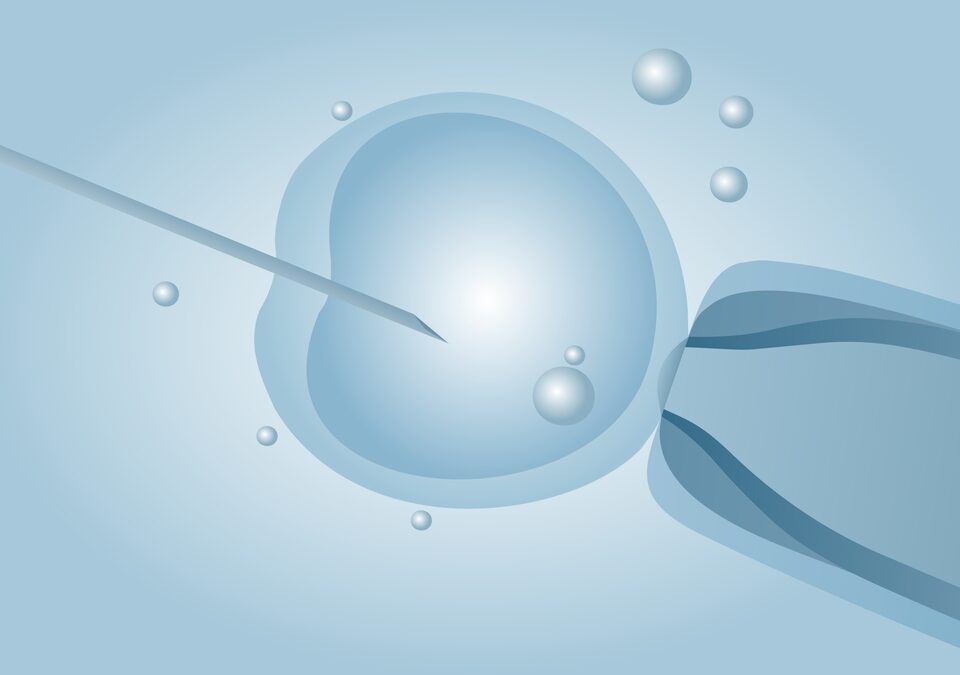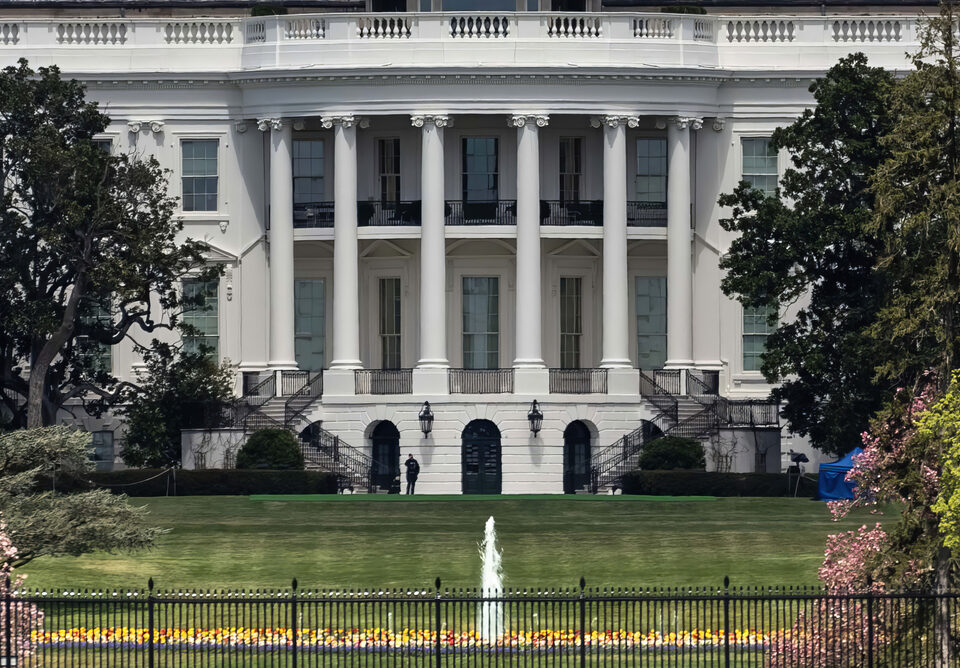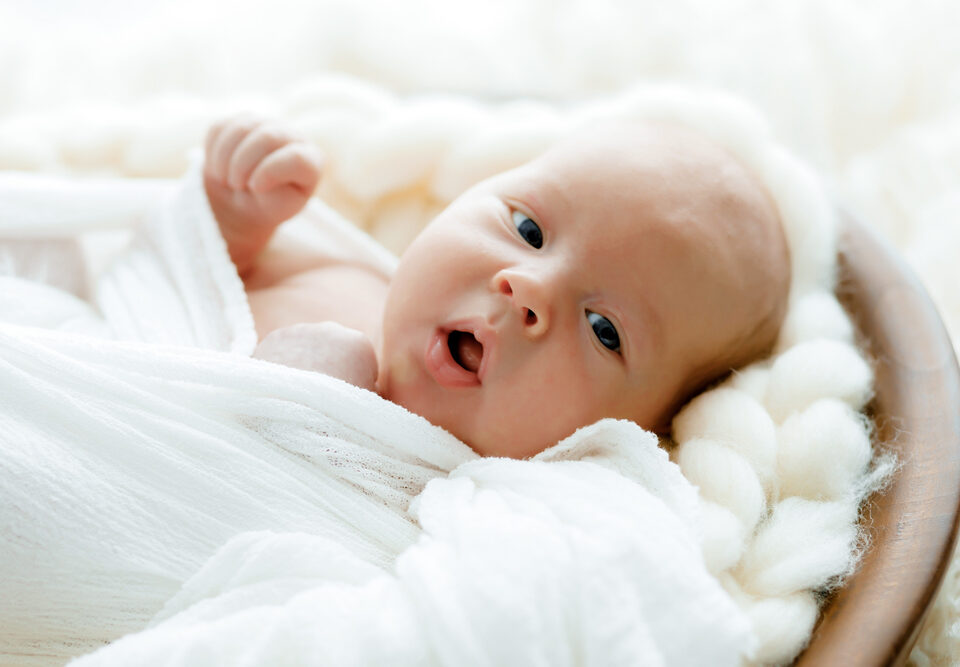Equality: The Unwavering Fight
六月 30, 2016A Victory in Maryland
七月 21, 2016A 60-year-old British woman’s determination has resulted in the Court of Appeal in London issuing a ruling that may help ensure that she could fulfill her daughter’s dying wish. Mrs. M. is one step closer to being granted the legal rights to her deceased daughter’s eggs so that she can proceed with giving birth to her own grandchild.
While some may view this decision by the Court, and even Mrs. M., as pushing the ethical limits of science and reproductive medicine, according to Mrs. M., a promise is a promise, and she intends to fulfill it.
At the age of 28, Mrs. M.’s daughter succumbed to bowel cancer. Her daughter had her eggs retrieved to ensure her chances of motherhood following recovery. When it became apparent that she would not recover and have the opportunity to use the stored eggs, she asked her mother to carry and raise her children.
“They are never going to let me leave this hospital, Mum; the only way I will get out of here will be in a body bag. I want you to carry my babies. I didn’t go through the IVF to save my eggs for nothing,” the New York Times cited the daughter being quoted by the Court. “I want you and Dad to bring them up. They will be safe with you. I couldn’t have wanted for better parents. I couldn’t have done [it] without you.”
Following her daughter’s death in 2011, Mrs. M. faced restrictions by her government’s independent fertility-regulatory body, the British authority on matters related to third-party reproduction. In 2014, the authority prevented Mrs. M. from transferring the eggs from London to a New York fertility clinic.
Dan Bilefsky of the New York Times wrote, “Mrs. M. wanted to use the eggs to create an embryo with sperm from an anonymous donor, but the authority refused to approve the transport of the eggs abroad on the grounds that the daughter had not given her informed consent.” He continued, “The High Court in London upheld the authority’s decision.”
The rejections Mrs. M. faced didn’t sway her resolve. Rather than accepting defeat, she brought her case to the Court of Appeal.
“The appeals court found Thursday [June 30, 2016] that the fertility authority had set the bar too high in determining consent, finding that there was ‘sufficient evidence of Mr. and Mrs. M.’s daughter’s true wishes’ for her mother to have, and raise, her own grandchild,” reported Bilefsky.
While the verdict gives Mrs. M. hope, the Human Fertilization Embryology Authority must reevaluate its initial decision in the wake of the Court’s ruling before Mrs. M will be permitted to use the eggs. To date, a timeframe for review has not yet been established.
Overall, this last Court ruling has created a public divide. While some are in favor of the verdict, others wonder whether Mrs. M. should be allowed to carry and deliver her future grandchild, even if medical technology makes it possible.
Third-party reproduction has greatly advanced in terms of both science and public awareness, helping build families for those who otherwise could not do so. However, do the health risks to a woman in her sixties of carrying and delivering a baby outweigh her dying daughter’s last request?
Despite the ethical concerns, Mrs. M. is on a heartfelt mission to proceed. The love for her child’s memory and last wish are leading the way.



